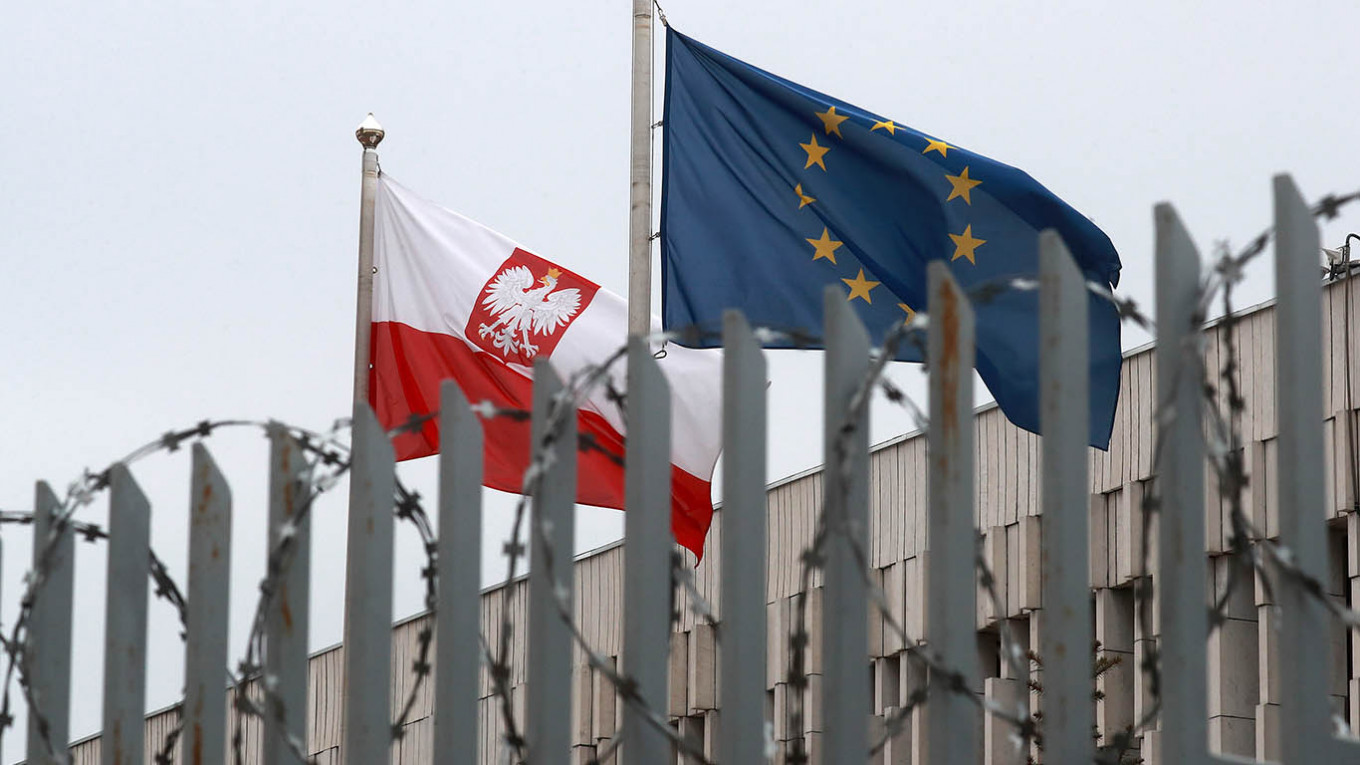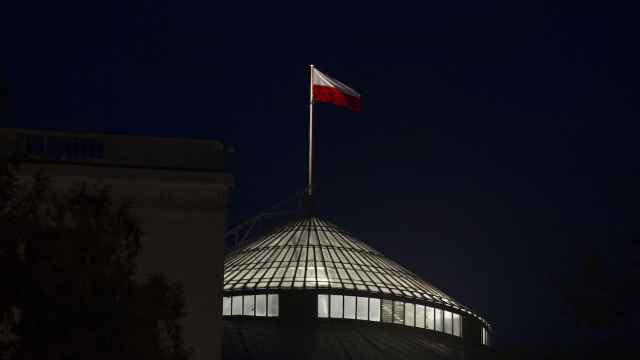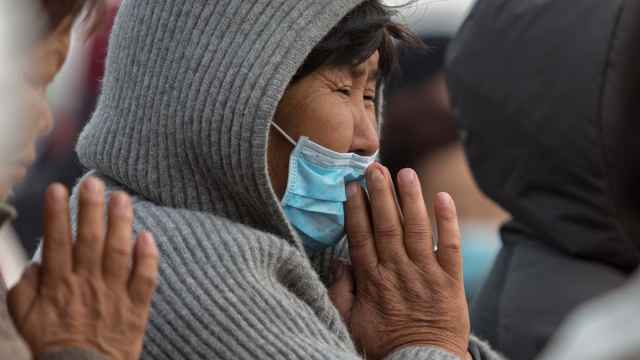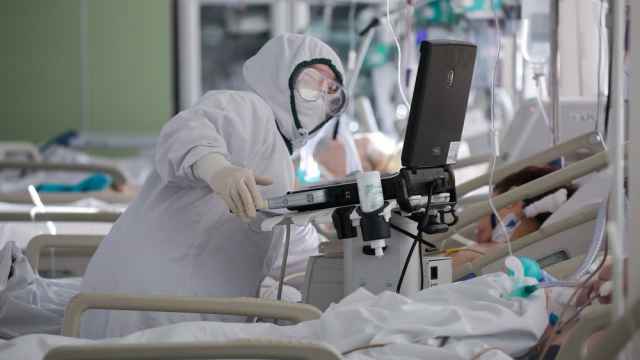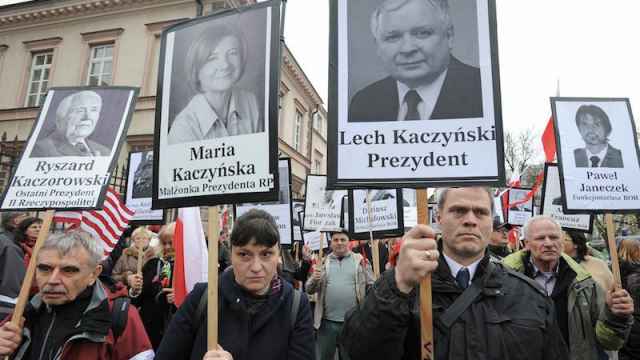Polish officials have accused a deported Russian diplomat of endangering others by failing to self-isolate when he got infected with coronavirus earlier this year, Polish media reported Wednesday.
Poznan consul Igor Oshchepkov was among the Russian diplomats that Poland, Germany and Sweden expelled in February in retaliation to Moscow’s identical steps for the European diplomats' alleged participation in anti-Kremlin protests.
“Despite receiving information about the coronavirus infection, the consul did not comply with sanitary rules,” Stanislaw Zaryn, spokesman for the head of Poland’s security services, was quoted as saying by the Polish Press Agency.
Oshchepkov allegedly “took part in meetings and appeared in public places, putting the lives of other people in danger,” Zaryn added.
Poland’s TVP state broadcaster reported that Oshchepkov received a positive Covid-19 test on Jan. 21, days after his wife and daughter.
Zaryn cited Poland’s foreign partners in accusing Russian diplomats of not adhering to safety measures during the pandemic.
Russia and Poland have the world’s fourth and 14th-highest coronavirus caseloads with 4.3 million and 1.8 million infections, respectively.
Ties between Russia and the European Union have deteriorated to new lows over the poisoning and jailing of Kremlin critic Alexei Navalny, which sparked opposition rallies across Russia in late January.
Russia accused the deported European diplomats of attending the unauthorized protests. The EU, in coordination with the United States, sanctioned Russian officials and entities last week for Navalny’s August poisoning and February imprisonment. Moscow denies that Navalny was poisoned.
A Message from The Moscow Times:
Dear readers,
We are facing unprecedented challenges. Russia's Prosecutor General's Office has designated The Moscow Times as an "undesirable" organization, criminalizing our work and putting our staff at risk of prosecution. This follows our earlier unjust labeling as a "foreign agent."
These actions are direct attempts to silence independent journalism in Russia. The authorities claim our work "discredits the decisions of the Russian leadership." We see things differently: we strive to provide accurate, unbiased reporting on Russia.
We, the journalists of The Moscow Times, refuse to be silenced. But to continue our work, we need your help.
Your support, no matter how small, makes a world of difference. If you can, please support us monthly starting from just $2. It's quick to set up, and every contribution makes a significant impact.
By supporting The Moscow Times, you're defending open, independent journalism in the face of repression. Thank you for standing with us.
Remind me later.


